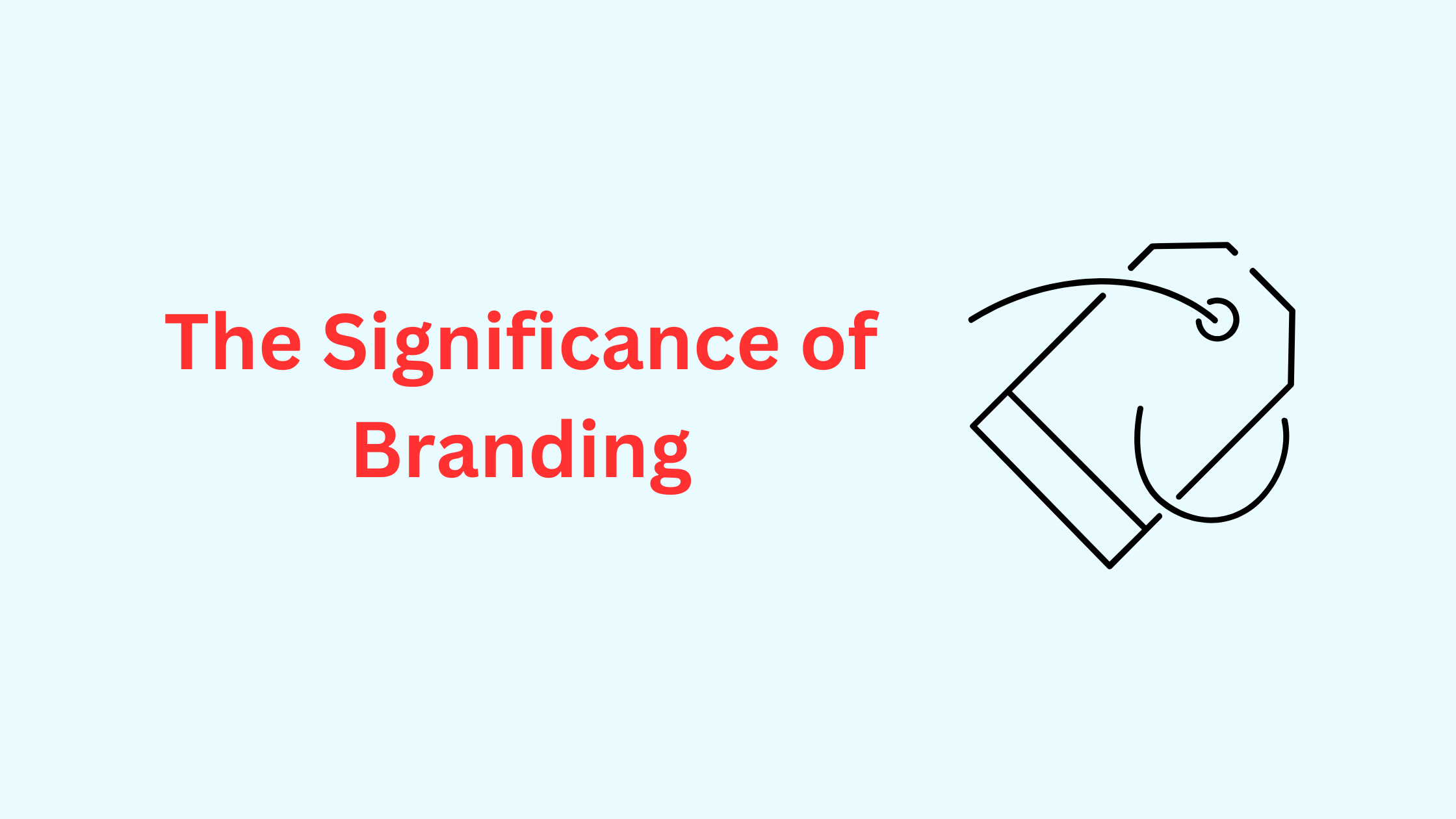
Most entrepreneurs and marketers inherently recognize the significance of establishing strong brands to connect with consumers.
But it’s critical to know why people really attracted towards brands.
The preference for brands over commodities and private labels exists due to psychological reasons rather than logic thinking.
These psychological aspects of humans keep brands like Dettol, Lifebuoy, Titan, and Amul relevant in a world abundant with similar options across various categories.
For instance, within stores like Reliance Retail, Dmart, Amazon and Bigbasket, a multitude of private label brands, backed by the retailers’ distribution prowess, coexist.
Despite this, my year-long study involving households of relatives and friends revealed that nearly 80% of their purchases still lean towards well-established brands that have invested heavily in brand building.
[[[ A quick tip to do your own research: You can conduct this simple research on your own: In most Indian families, there’s a trend of purchasing household items at the start of each month.
Here’s what you can do: Observe the items that your family members order and note the brands they choose. When you receive these items, analyze the percentage of products that belong to well-established brands with significant investments in brand building, and compare it to the percentage of private-label brands.
This approach will provide insights into whether your family’s preferences lean more towards established brands or private-label options. It’s a practical way to gauge the prevalence of brand choices in everyday consumer decisions.]]]
Despite the plethora of choices available from private-label brands, people frequently demonstrate a preference for familiar brands.
This prompted me to explore the reasons behind this inclination towards recognized brands over generic alternatives.
From a consumer perspective, two primary factors contribute to the preference for brands over commodities and private labels:
1.Fulfilling Meaning-Seeking Nature:
Humans are inherently driven by the pursuit of meaning.
Strong brands transcend the realm of mere products by weaving narratives, values, and associations that deeply resonate with personal and cultural facets of individuals.
This concept ultimately relates to the psychological notion of ‘self-identity.’ This term encompasses an individual’s collection of beliefs, perceptions, values, and their societal roles.
In the context of preferring brands over generic options, individuals often gravitate toward brands that harmonize with their self-concept.
They actively seek out brands that mirror their values, aspirations, and the image they aim to project to the world.
Brands, in this context, act as catalysts for reinforcing or elevating one’s self-identity.
A poignant illustration is that of a father who derives a sense of fulfillment from aiding his child’s acceptance into a prestigious business school.
This endeavor stems from his intrinsic drive to bestow meaning upon his role by ensuring his child’s admission to a top-tier institution.
This concept of ‘self-identity’ – the intricate nature of self-identity and its impact on human behavior, has been extensively studied and discussed in psychology and behavioral science.
Their work underscores the idea that individuals seek coherence between their self-concept and their external choices, including brand preferences.
2. Brands as Cognitive Shortcuts:
In the face of an overwhelming array of options, brands serve as cognitive shortcuts.
This phenomenon aligns seamlessly with the ‘availability heuristic,’ a cognitive bias that compels people to rely on readily accessible information when making decisions.
Basically, when cluttered with too many options, our mind looks for a shortcut to take a quick decision.
Familiar brands have a great advantage here.
Their familiarity through repeated exposure via advertising, recommendations, and personal experiences helps people overcome cognitive load.
That’s why when confronted with numerous choices and limited time or information for meticulous evaluation, individuals instinctively turn to recognizable brands.
These brands evoke a sense of trust and reliability due to their heightened accessibility within memory.
Nobel laureate Daniel Kahneman and his collaborator Amos Tversky extensively explored cognitive biases and heuristics, contributing substantially to the understanding of human decision-making processes.
The concept of brands acting as cognitive shortcuts finds its foundation in their research.
Biggies rely heavily on brand-building and advertising.
Consequently, companies like Unilever, P&G, and Nestle invest substantially to preserve the relevance and distinctive identity of their brands such as Dove, Surf Excel, Pampers, Tide, Maggie, and Nescafe.
These brands employ advertising as a strategic tool to infuse significance into what might otherwise be perceived as commodities like soaps, detergents, and coffee.
Moreover, the significance of remaining visible and relevant translates into an application of the availability heuristic.
By maintaining a constant presence, these brands help consumers effortlessly navigate their choices, effectively utilizing their mental shortcuts to opt for familiar brands.
In a nutshell, the preference for established brands over generic alternatives is rooted in human psychology, driven by the desire for meaning and the utilization of cognitive shortcuts for decision-making.
Finally, in my opinion, the idea of ‘brand building’ will remain relevant as long as we humans continue to seek meaning in everything we do and are driven by identity.




